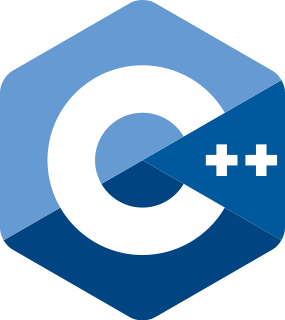It is proposed that this article be deleted because of the following concern: Not notable. There are no independent sources If you can address this concern by improving, copyediting, sourcing, renaming, or merging the page, please edit this page and do so. You may remove this message if you improve the article or otherwise object to deletion for any reason. Although not required, you are encouraged to explain why you object to the deletion, either in your edit summary or on the talk page. If this template is removed, do not replace it . The article may be deleted if this message remains in place for seven days, i.e., after 15:40, 26 May 2018 (UTC). Nominator: Please consider notifying the author/project: {{subst:proposed deletion notify |MacZoop|concern=Not notable. There are no independent sources}} ~~~~ |
MacZoop was a popular application framework for the Apple Macintosh, based on Carbon. Written exclusively in C++, it was designed as a much smaller and manageable alternative to the popular, but now defunct Think Class Library (TCL) from Symantec, and later, PowerPlant framework from Metrowerks. MacZoop was developed continually from 1994 until 2003, and was available at no charge. In the face of Apple's continuing development of the Cocoa framework and the Project Builder tools for Mac OS X, proactive MacZoop development was discontinued in 2003, though bugfixes and maintenance releases were still made. The MacZoop domain expired sometime in 2008.
In computer programming, an application framework consists of a software framework used by software developers to implement the standard structure of application software.

C++ is a general-purpose programming language that was developed by Bjarne Stroustrup as an extension of the C language, or "C with Classes". It has imperative, object-oriented and generic programming features, while also providing facilities for low-level memory manipulation. It is almost always implemented as a compiled language, and many vendors provide C++ compilers, including the Free Software Foundation, Microsoft, Intel, and IBM, so it is available on many platforms.
THINK C was an extension of ANSI C for the classic Mac OS developed by THINK Technologies; although named Lightspeed C in the original mid-1986 release, it was later renamed THINK C. THINK Technologies was later acquired by Symantec Corporation and the product continued to be developed by the original author, Michael Kahl. Version 3 and subsequent versions were essentially a subset of C++ and supported basic object oriented programming concepts such as single inheritance as well as extensions to the C standard that conformed more closely to the requirements of Mac OS programming. After version 6, the OOP facilities were expanded to a full C++ implementation, and the product was rebranded Symantec C++ for versions 7 and 8, now under development by different authors.